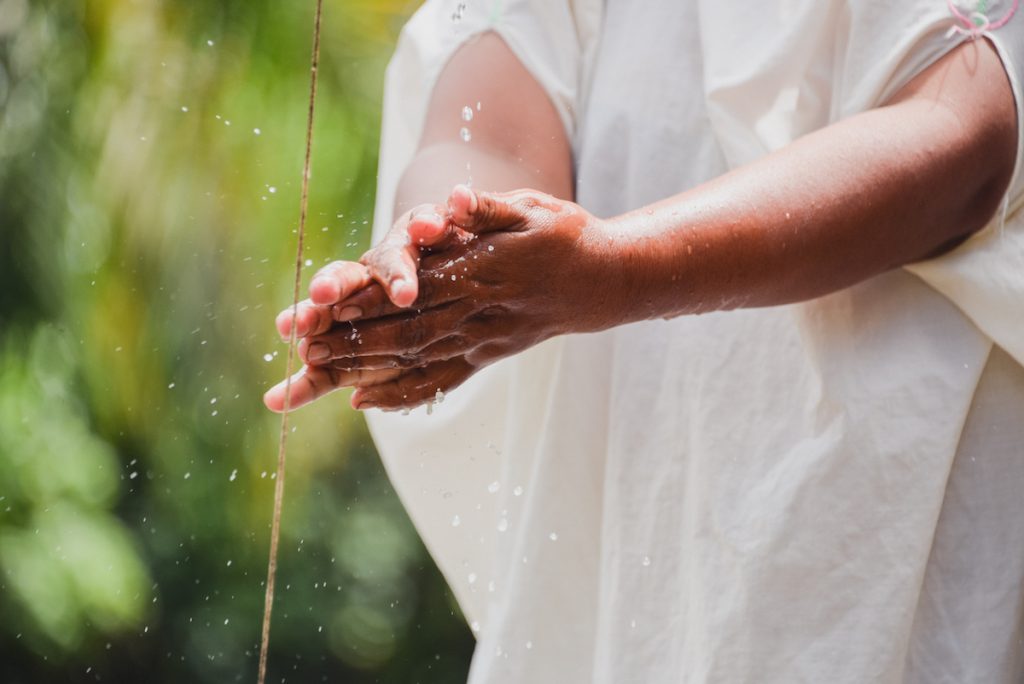The Asháninka health promoters
Diarrhoea and malnutrition are the two biggest killers of young children in Cool Earth’s partnerships – this is where the The Asháninka health promoters come in.
Health Promoters
Mothers have worked with Cool Earth to set up a programme focusing on maternal and neonatal health. Your support is funding this with an initial set of workshops for 75 women. Fifteen women were elected to be health promoters, and are now training mothers and families on maternal health best practice.


Simple sanitation
With the help of specialist NGO “One Heart Worldwide”, the health promoters completed training in nearby Satipo to tackle basic sanitation, nutrition and infant health issues such as handwashing and food safety. Being away from the community enabled the group to focus on getting the most out of the workshop, without having to tend to their daily activities.
One Heart Worldwide gave advice about keeping areas of the community free from standing water to avoid malaria and other water-borne diseases. The women learnt how to treat a baby suffering from diarrhoea, how to form a balanced, nutritious meal and how to construct a “Tippy-tap” for hands-free hand-washing.
Of all the topics discussed, the “Tippy-taps” were the most well-received, and many of the community members have since constructed their own. The health promoters have reported a decrease in incidences of diarrhoea as a direct result.
In December 2016, three maternal health promoters from Cool Earth’s Asháninka partnership travelled to the Awajún partnership in northern Peru as part of a knowledge exchange trip. The promoters ran workshops on hygiene and sanitation with the Awajún women, and have proposed a similar project to address the public health concerns of our Awajún partners. Communities sharing knowledge in this way is key to how Cool Earth’s partnerships will grow in the future. It’s with your help that we’ve been able to develop this smart model.
Nutritional needs
Boosting the levels of protein available is a priority for children.
A nutrition programme was designed in early 2016 and rolled out in the communities by the Asháninka health promoters. Food diaries were used to assess the current nutrition levels and a nutrition technician was hired to develop the programme further.
Looking ahead to this year, the nutrition programme will see developments in fish farming and animal husbandry within the community. There’s also potential to use Inga to improve diets. This remarkable tree helps to improve soil fertility and means the community members can grow food in old gardens, improving the quantity of food available while minimising the need to clear more forest.
